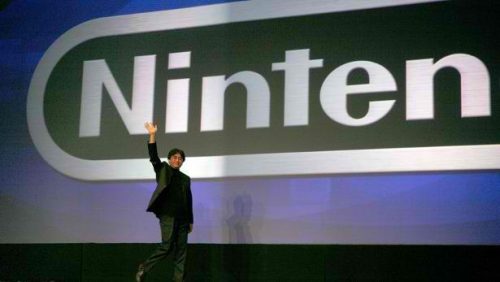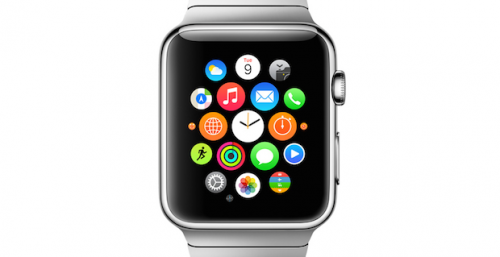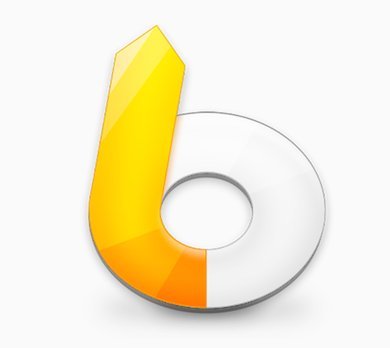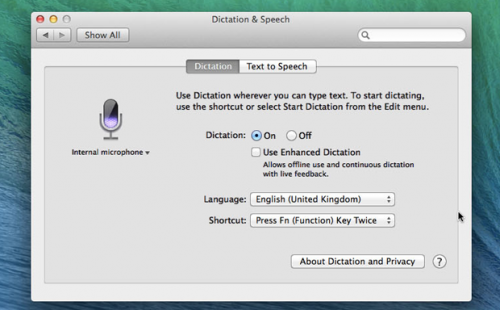
Whirs, beeps and clunks
What’s that noise? It’s never a nice feeling when your computer suddenly starts making noises you’re not used to hearing. Often, this means a trip down to your local computer repair store and a few dollars out of your pocket. Sometimes, the issue is easily fixed or ends up being simply a sound that occurs during normal use that doesn’t require professional intervention. Now, let’s play a quick computer-based variant of Name That Tune.
CD and DVD Drive Noises
Most modern computers come with CD or DVD drives. Today’s optical drives spin the discs inside very, very quickly. With this fast spinning comes a whirring noise, which generally doesn’t bother people as long as they know what it is. However, modern operating systems — Windows, Mac, and Linux — have a habit of checking the drive for CDs periodically, without being prompted by the user. Your PC will make a whirring noise that suddenly becomes much louder before going away just as quickly.
Lots of people mistake this for some sort of computer problem, when it’s just a standard procedure for the computer. If you hear something like this, make sure there isn’t any media hanging out in your computer’s optical drive.
Snap, Crackle, Pop
There is nothing worse than random or unexpected noises coming from your computer speakers. When this happens, check these two things to try to hunt down the cause.
kf 300 whats that noise computer speakers flickr LividFiction
First, reboot your computer. It might sound simple, but you would be surprised how often this actually fixes problems. The reasoning here is that if anything unexpected is running in the background and causing unwanted behavior, it will be shut down and won’t necessarily restart when your computer comes back online.
If the noise persists, try plugging in another set of speakers (or headphones). This eliminates the speakers themselves as the source of problem. If you hear crackling or popping noises (or, occasionally, a hum), the problem may be with the connection where your speakers plug into your computer’s audio output jack; making sure things are connected securely is always a good idea!
Noisy Fans
Like houses that don’t have central air conditioning, almost all modern computers use fans to keep things cool. And like any other mechanical component, these fans can — and do — break.
kf 300 whats that noise blue computer fan flickr aresauburnIf your computer makes strange buzzing, whining, or ticking noises (or starts to sound like a hair dryer or small vacuum cleaner), there is a good chance the culprit is a noisy fan.
Fans are used to cool different parts of your computer, each with differing amounts of importance, and also work together to cool your system. If they aren’t all working, your computer may freeze, shut down, or even incur permanent damage.
First, take a look inside your case with a can of compressed air in hand. Fans that are clogged with dust and dirt have to work harder to cool your components, in addition to being imbalanced by the crud that accumulates on their blades. (This is especially true if you leave your computer running 24/7 and have pets!) If even after dusting things off you still have a noisy fan, it generally means the fan isn’t working as well as it should, and it needs to be looked at and replaced.
Hard Drives
Unless you’ve upgraded to one of the new solid-state disks (SSD) now hitting the market (frequently found in lighter laptops, since they use less electricity and thus extend battery life), your hard drive makes a little bit of noise, too. Generally, this is a whirring noise (made by the magnetic disks inside as they spin), with the occasional clicking sound of the reader arm moving back and forth. You may also hear it spin up and down if you are using power-saving modes.
kf 300 whats that noise hard drive flickr walknboston
Generally, hard drive noises represent the technology working normally. However, there are a few things to be mindful of. If you hear your drive clicking once every 2 seconds or you hear a click and then your computer locks up shortly afterwards, chances are unfortunately good that there is a serious problem with your hard disk. (You have backed up your data, right?)
If you suspect there is something wrong or if your computer tells you there is something wrong with one of your hard drives, get it fixed as soon as possible. The longer you leave it, the less chance you may have of recovering your data.
The Ominous Electrical Squeal
This is a less common issue, but it still happens. From time to time, the electronic components (chips, capacitors, and so forth) make noise — and when they do, it typically results in a high-pitched squeal.
What should you do if this happens? The only thing you can do is get someone to look at the machine, make sure they can locate where the sound is coming from, and replace that part. Alternatively, if there has not been any adverse impact on your computer’s behavior, you could attempt to ignore it. (We don’t recommend doing so, but it’s possible that the noisy component can continue to work just fine for a long time; it’s just annoying.)






